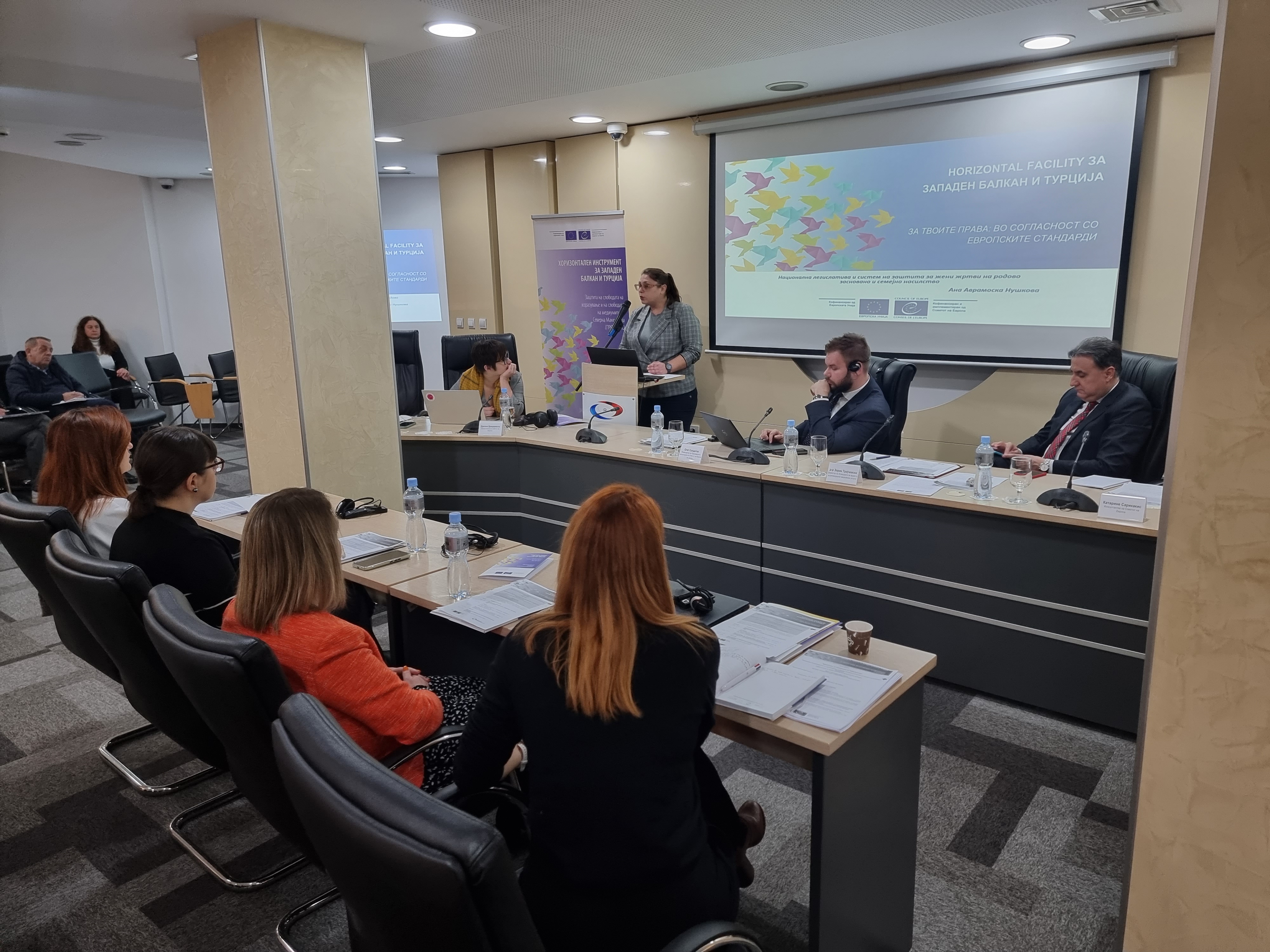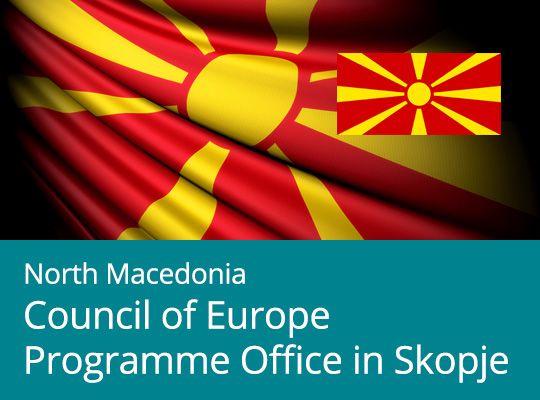Gender-based violence is on the rise in North Macedonia and around twenty cases of femicide have been recorded since 2019. In four years, 17 criminal proceedings for femicide were initiated, in which 19 women were killed. Most of the victims suffered at the hands of their former or current partners or spouses, and the murders mostly took place in their homes, according to the latest report on femicide in North Macedonia. The media's interest in reporting on these cases is substantial, but the standards guiding such reporting often fall short, sometimes causing additional harm to the victims — a phenomenon known as second victimisation. The media have been rightfully identified as key actors in preventing violence against women, playing a critical role in education and awareness-raising.
In a dedicated effort to enhance the quality and sensitivity of reporting on gender-based violence , professionals from regional media in North Macedonia participated in a workshop organised with the support of the European Union and the Council of Europe, in co-operation with the Agency for Audio and Audiovisual Media Services. Recognising the pivotal role of the media in shaping public opinion, the workshop aimed to equip participants with the knowledge and tools necessary for responsible and effective reporting on this critical issue.
Consultants from the Council of Europe provided insights into fundamental concepts related to gender-based violence, from the essential distinction between sex and gender, to the anti-gender movements within the country. Participants were briefed on relevant domestic legislation and European standards on gender-based violence. Understanding the prevention mechanisms, the role of the social institutions and the legal frameworks is crucial for ensuring that media reporting aligns with established norms and contributes to a culture of accountability.
The workshop underscored the significance of responsible reporting, emphasising that media professionals play a vital role in challenging stereotypes, breaking stigmas, and fostering a more empathetic understanding of gender-based violence. It stressed the need to refrain from justifying, excusing, sensationalising, trivialising, or glamorising any form of gender-based violence through language or visual communication.
More details on reporting and monitoring the application of corresponding standards can be found in the “Guidelines of the Agency for Audio and Audiovisual Media Services on monitoring of the application of reporting standards in gender-based violence cases in the media”, available in Macedonian and English language.
This workshop was organised under the joint European Union and the Council of Europe action “Protecting freedom of expression and of the media in North Macedonia” (PRO-FREX), which is a part of the programme Horizontal Facility for the Western Balkans and Türkiye.




